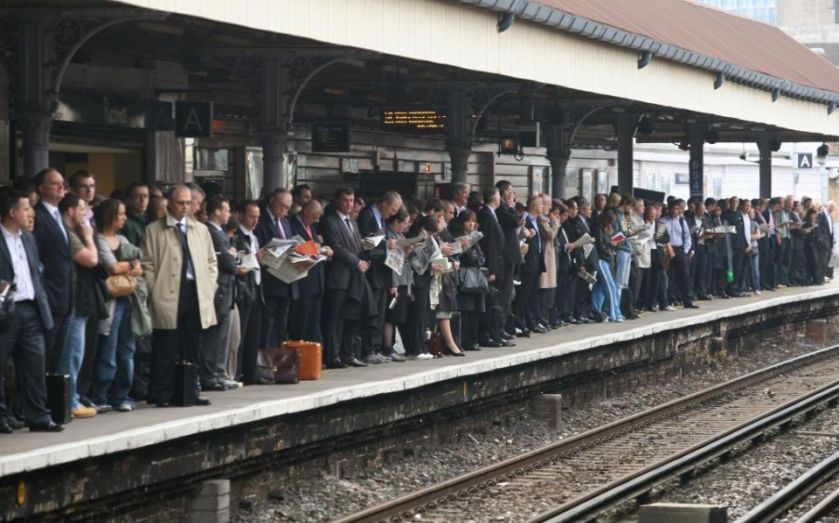Train companies told to stop treating commuters like “criminals”

Train groups have been called upon to stop treating passengers like “criminals” as they attempt to catch fare dodgers.
The industry has been accused of treating commuters as guilty until proven innocent, using harsh penalties beyond reasonable need.
Campaigning group Passenger Focus said today it was calling on operators to “play fair” with passengers who have made “an innocent mistake”, rather than serial fare dodgers.
It highlighted several examples of heavyhanded justice.
In one instance, a passenger was allowed to travel at a discounted rate as his replacement young person's card was in the post, but issued a penalty fare when he arrived at his destination. The fact the first guard had given him the benefit of the doubt was rejected, and the boy was threatened with three months in jail or a fine of up to £1,000.
At this point the £60 fine was paid, with Passenger Focus noting “it was the threat of criminal action that led to someone paying for something unjustly”.
In another case a guard wrongly claimed a passenger's ticket was invalid and issued an unpaid fare notice for £154. The passenger appealed, only for admin fees to be added to the bill.
Eventually the train company threatened her with court proceedings, by which time the bill had risen to £209 – though eventually the ticket was checked and found to be valid.
Chair Colin Foxall said the group was now looking for a change to railyway byelaws, to stop the use of criminal proceedings “where there isn't any evidence that the passenger was attempting to commit fraud”.
He added: “It is right that train companies should take steps to stop those who try to evade paying fares. But those who have made an innocent mistake and been caught out by the many rules and restrictions should be treated with understanding and not immediately assumed to be guilty.”
“While there have been some improvements, the outlook for being caught making a mistake can still be bleak.
“We call on the industry to apply penalties for ticketless travel with greater consistency and fairness.”